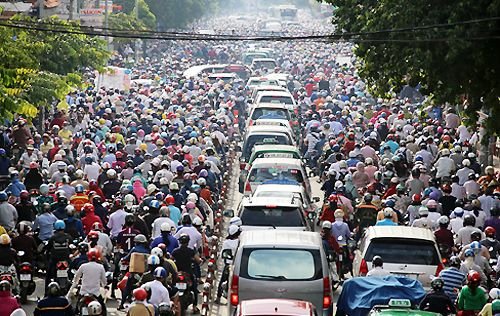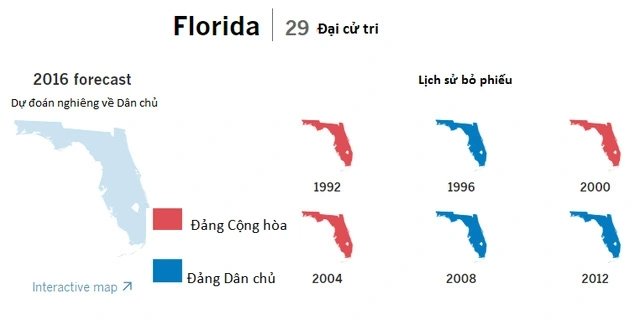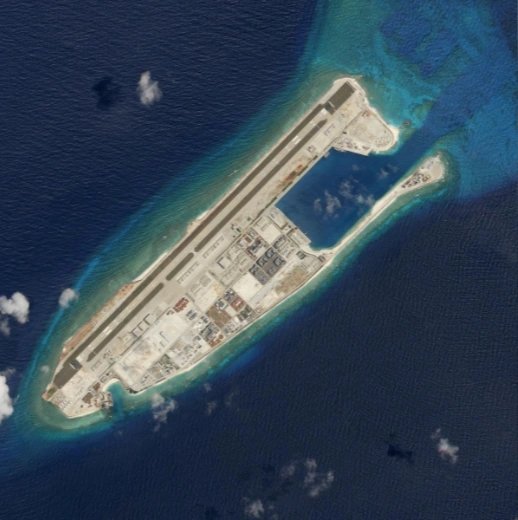
On April 20, at the conference Controlling demand for personal vehicles in Ho Chi Minh City – Current situation and solutions, Associate Professor.
`I’ve been saying it for 15 years, the problem now is to start implementing it. Hopefully this is the last time I talk about restricting motorbikes in Ho Chi Minh City,` Mr. Mai frankly asked the government.
On average, Ho Chi Minh City has 910 motorbikes per 1,000 people – the highest ratio in the world.
Experts say motorbikes are the culprit causing traffic jams in Ho Chi Minh City.
He cited that each year, more than 8,000 people died and tens of thousands of people were injured in traffic accidents nationwide.
`Airplane accidents kill hundreds of people at the same time, but traffic accidents kill one person at a time, every day, so people rarely feel it. If the consequences of an airline accident were like a motorbike, who would dare to ride it?`
However, according to Mr. Mai, every time there is a proposal to ban motorbikes, `many opinions are discussed because they are worried about the impact on the poor,` so the government hesitates.
According to expert calculations, the total damage caused by motorbikes every year is more than 6.1 billion USD, accounting for 13.4% of Ho Chi Minh City’s GDP – pushing back development by 7-8%.
`We should not consider motorbikes as a means of transport. It is only convenient for individuals, but causes great damage to society. China has banned motorbikes in big cities and they have shown that is the way
From there, Mr. Mai proposed a series of solutions to limit and ban motorbikes such as: reducing supply, not importing motorbikes;
Sharing the same opinion, Dr. Economics Luong Hoai Nam said that according to the 2020 plan, the whole country has 36 million motorbikes but currently there are more than 45 million, each year continuing to increase by 3 million more.
`Motorbikes have never been considered a safe and comfortable means of transportation. They are as fast as cars but as rudimentary as bicycles. In essence, they are the antithesis of buses and cannot coexist peacefully on a motorbike.
According to Mr. Nam, in the debate about urban traffic, there are proposals to limit and ban motorbikes, but there are also proposals to limit and ban private cars.
`Banning personal cars is extreme, against civilization and can only be done when city residents use public transportation to go to work and shop. We cannot raise the issue of banning personal cars because people need them.
Similarly, many other experts also expressed the view that Ho Chi Minh City as well as Vietnam must follow the trend of other countries in developing public transportation and limiting the increase of private vehicles to solve traffic jams.
According to statistics from the Department of Transport of Ho Chi Minh City, as of March this year, the city is managing nearly 8 million cars and motorbikes (7.3 million motorbikes and nearly 640 thousand cars), not including about one million vehicles with provincial license plates.






